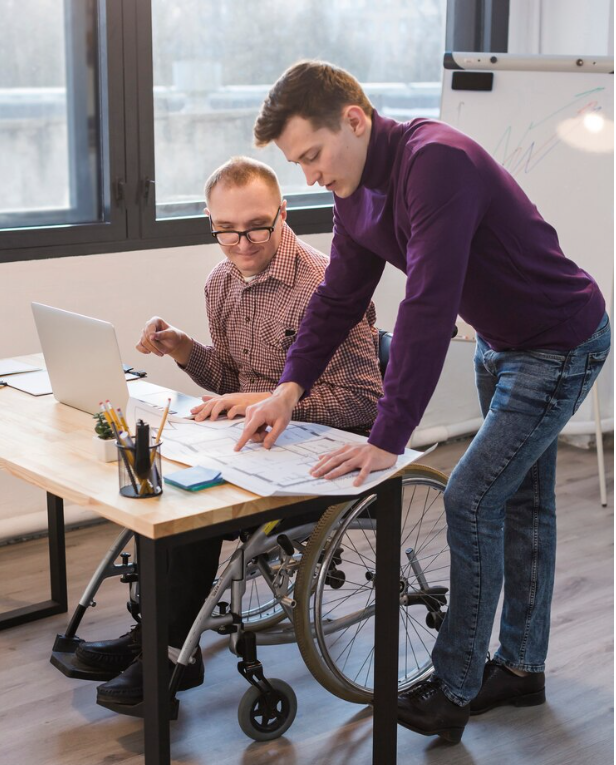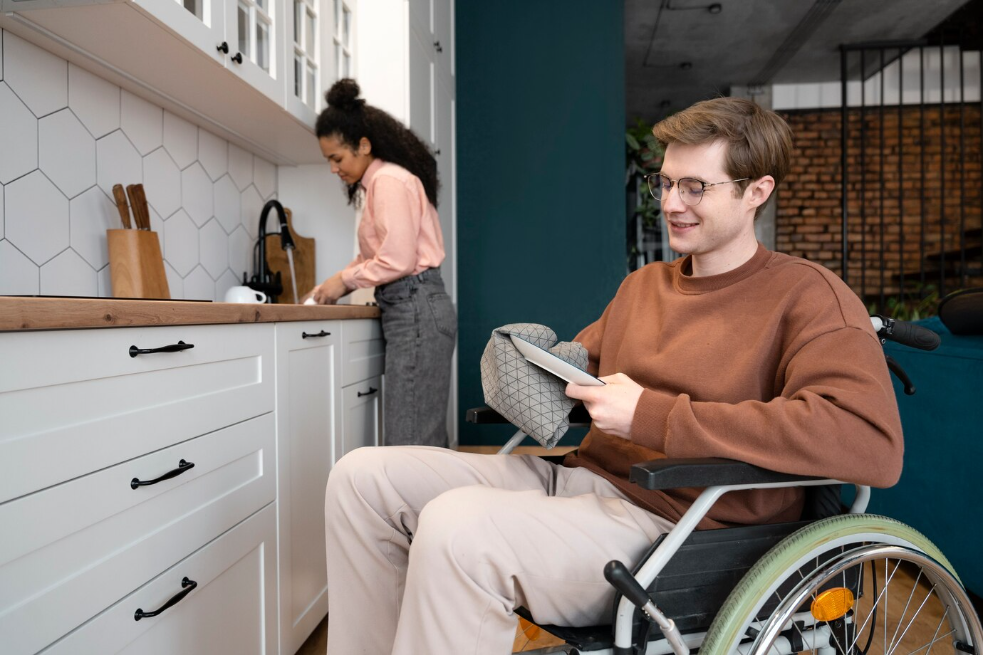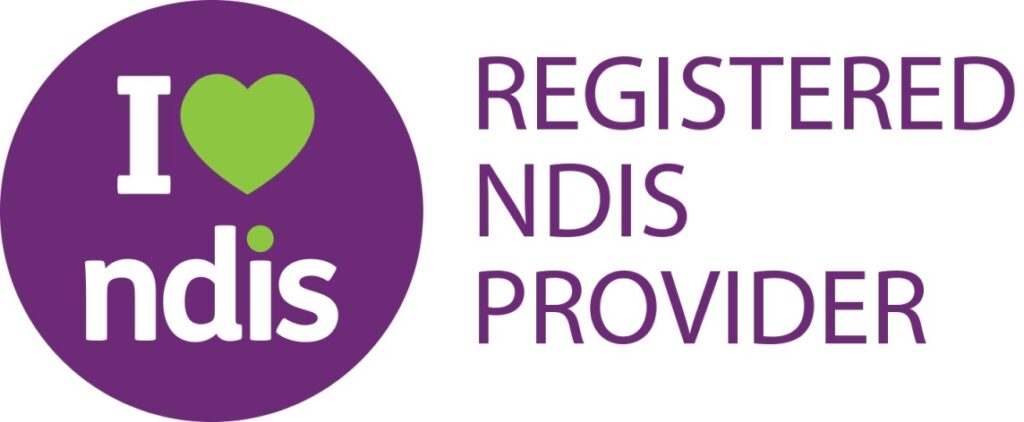The National Disability Insurance Scheme (NDIS) is a beacon of transformative initiatives in Australia, reshaping the landscape of support and assistance for individuals with disabilities. NDIS disability support aims to sculpt an inclusive society where everyone can unfold their full potential. At the heart of this groundbreaking approach lies the NDIS development life skills, a framework that recognises and actively champions the pivotal role of embracing a broad spectrum of abilities and knowledge.

NDIS Active Participants: Key Facts
The NDIS takes pride in fostering an active community of participants who have successfully navigated eligibility determinations and received plan approvals. With a commitment to acknowledging diverse needs, the NDIS actively engages and supports individuals with disabilities across Australia. Integrating NDIS funded activities for life skills development is central to this involvement, empowering participants to navigate life with enhanced autonomy and confidence.
This commitment reflects the NDIS’s dedication to cultivating a diverse community where individuals with disabilities can thrive, emphasising the importance of NDIS development life skills for a more inclusive and empowered society. By focusing on life skills development, the NDIS strives to address immediate needs, provide the tools, and support necessary for participants to lead fulfilling lives and contribute meaningfully to the broader community.
Exploring NDIS Development Life Skills: Daily Living and Beyond
Recognising the paramount importance of the NDIS, the program stands out for its dedicated focus on training and developmental activities. The core objective is to empower participants with essential life skills, encompassing personal care, socialisation, decision-making, communication, and fostering independent living.

Under the umbrella of NDIS development life skills, the emphasis extends beyond assistance, delving into comprehensive programs that enhance decision-making capabilities, refine communication skills, and instil a sense of self-reliance in various facets of independent living. This approach ensures that participants receive support in daily tasks and gain a holistic toolkit for navigating life with confidence.
Deciphering Life Skills
Within the framework of NDIS development, life skills are defined as a comprehensive set of abilities and knowledge essential for adeptly navigating the demands and challenges of daily life. These encompass practical, social, and emotional skill sets, extending beyond problem-solving to decision-making, time management, self-care, interpersonal skills, and adaptability. The central focus is on promoting independent living, empowering individuals to assume control of their lives, make informed choices, and actively engage in their communities. These skills form the foundation for effectively managing personal care, household tasks, and financial responsibilities, contributing to developing social connections and fostering meaningful relationships within the NDIS context.
A Tailored Approach to Assessing Life Skills Needs
The significance of the assessment process becomes particularly pronounced for individuals facing challenges in navigating available assessment options or aligning their personalised assessment goals. This process involves a comprehensive evaluation of an individual’s existing abilities, strengths, and areas requiring improvement across various aspects of daily living. Realistic goals can be identified through careful observation, assessments, and collaborative efforts with professionals and support networks.
By integrating the principles of NDIS development life skills, this assessment process identifies needs and focuses on aligning individual goals, values, aspirations, and requirements. The subsequent step involves a customised support plan to address these specified needs effectively. Collaborating with relevant organisations ensures access to expert solutions designed to assess life skill needs in alignment with individualised goals and NDIS principles. This approach provides a holistic and targeted strategy for enhancing individual well-being and promoting autonomy.
Activities of NDIS Development Life Skills
NDIS Development Life skills encompass a broad range of abilities that enable individuals to navigate daily challenges and engage in various aspects of life. Here are some key activities related to NDIS development of life skills:
Assessment and Goal Setting:
Conducting assessments to identify the participant’s current life skills and areas requiring improvement.
Collaboratively setting goals with the participant based on their aspirations and needs.
Daily Living Skills:
Assisting with personal care routines such as grooming, hygiene, and dressing.
Teaching and practicing cooking and meal preparation.
Developing skills related to household chores and maintaining a clean living space.
Communication Skills:
Enhancing verbal and non-verbal communication skills.
Supporting the use of alternative communication methods if needed.
Social Skills:
Providing opportunities for social interactions and fostering social skills.
Organising group activities to promote community engagement and relationship-building.
Community Participation:
Planning and participating in community outings and events.
Navigating public transportation and community spaces independently.
Financial Management:
Educating participants on budgeting and money management.
Supporting the development of financial literacy and responsible spending habits.
Health and Well-being:
Promoting healthy lifestyle choices, including exercise and nutrition.
Encouraging self-care practices and understanding health-related needs.
Problem-Solving and Decision-Making:
Guiding critical thinking and decision-making skills.
Encouraging participants to identify and solve problems independently.
Education and Employment:
Supporting educational pursuits and skill development.
Assisting with vocational training and exploring employment opportunities.
Travel Training:
Teaching individuals how to use public transportation.
Developing skills for safe and independent travel within the community.
Recreation and Hobbies:
Identifying and cultivating interests and hobbies.
Supporting participation in recreational activities and clubs.
Accessing NDIS Development Life Skills Services
To access life skills development supports under the NDIS, individuals need to navigate a well-defined process encompassing vital steps:
Assessment:
Individuals undergo an evaluation of their needs and goals, determining the level of support required for life skills development. It may involve discussions with NDIS planners, support coordinators, or relevant professionals to understand specific areas where help is needed.
Support Planning:
Based on the assessment, a support plan is developed collaboratively with the individual, their support network, and NDIS representatives. This plan outlines the specific life skills development supports, goals, and allocated funding to assist the individual in achieving their objectives.
Choosing Service Providers:
Once the support plan is in place, individuals can select providers offering life skills development services aligned with their goals and preferences. Providers’ experience and alignment with participant goals should be considered when making this choice.
Review and Adjustments:
The support plan undergoes regular reviews and adjustments as the individual’s needs and goals change. It ensures that life skills development supports remain relevant and effective in helping individuals achieve their desired outcomes.
Additional Resources and Programs:
Beyond NDIS funding, individuals can explore other resources and programs for life skills development. These may include community-based programs, vocational training, educational courses, support groups, and online resources.
Finding NDIS Service Provider: A Strategic Approach
Efficient use of NDIS funding relies on individuals understanding their funding categories and budget breakdown. Thorough research and evaluation are crucial for finding suitable NDIS development life skills. It involves identifying specific needs and goals, exploring available options, and assessing potential providers’ qualifications, experience, and methodologies. Seeking recommendations, arranging meetings or consultations, and considering cultural fit and values are essential steps in this process. Reviewing costs and funding arrangements enables individuals to make informed decisions based on comprehensive information.

As a NDIS registered service provider, adherence to the highest quality and compliance standards is prioritised. With a commitment to participant safety, privacy, and confidentiality, there is a continuous focus on improvement to deliver effective and evidence-based support in life skills development practices. This commitment ensures that participants receive tailored, quality services that contribute to their overall well-being and personal development.
Funding and Budgeting: Maximising NDIS Support
Funding within the NDIS is allocated based on an individual’s approved support plan, outlining specific supports and services required to achieve their goals. Participants need a clear understanding of their funding categories and budget breakdown to make informed decisions on utilising their funds effectively.

Within the NDIS framework, various funding options and budgeting strategies support NDIS development of life skills. Participants can access funding through three primary channels:
Core Supports Funding Category:
Within this category, which addresses everyday support needs, individuals receive assistance with daily living, encompassing personal care and fostering community participation. Participants can leverage this funding for essential support services and engage in diverse NDIS development life skill activities. The aim is to create an integrated approach that meets immediate support requirements and actively contributes to the ongoing development of essential NDIS life skills.
Capacity Building Supports Funding Category:
This category is geared towards enhancing participants’ skills, independence, and social participation, including areas like increased social and community participation and improved relationships. Participants can allocate this funding to programs and services fostering NDIS development life skills, such as training courses, therapy sessions, skill-building workshops, and support coordination in Darwin.
Capital Supports Funding:
Allocated for tools or equipment supporting skill-building activities; this category enables the procurement of resources vital for NDIS development life skill enhancement. For instance, it can be utilised to purchase communication devices, sensory equipment, mobility aids, or adaptive technology, facilitating the learning and development of life skills.
Additional Resources and Programs: Broadening Development Horizons
Beyond NDIS funding, individuals can access diverse resources for skill development, fostering NDIS development life skills. Community-based programs, vocational training, educational courses, support groups, and online resources offer varied avenues. These options complement NDIS supports, providing practical experiences and knowledge. Engaging in support groups builds a network for shared experiences and strategies. Online resources offer convenient, interactive tools. Vocational training enhances employability, aligning with NDIS development life skill goals. Embracing these opportunities expands skill sets, contributing to personal growth. Explore the wealth of resources available for a comprehensive NDIS development skill program.
Summing Up: Unleashing the Potential of the NDIS
We actively encourage individuals with disabilities, their families, and support networks to explore the abundant opportunities and benefits for NDIS development life skills. The NDIS scheme emphasises choice and control, empowering participants to choose their Providers/Support workers and manage their support based on preferences. This autonomy enables disabled people to take charge of daily activities and make decisions aligned with their interests and aspirations.
As NDIS Service Provider in Darwin, TK Community Care Services allows individuals to unlock new possibilities through life skill activities, achieve goals, and lead a more fulfilling and empowered life. Contact us today to discover how the NDIS can support you on this transformative journey. Experience the difference as we help you achieve your goals and lead a fulfilling life.



